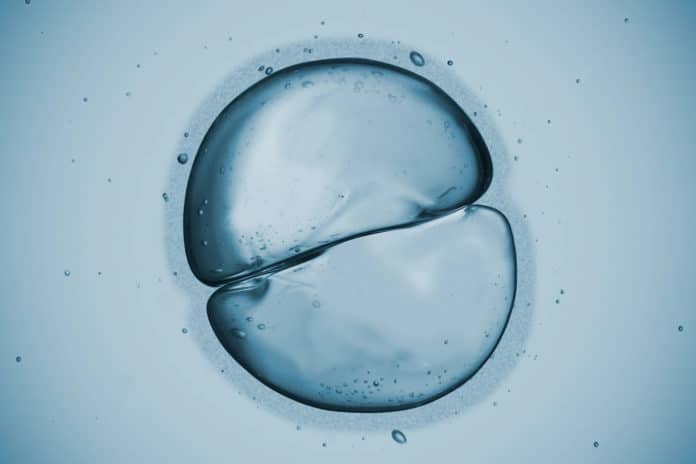Women over 35 faces more difficulty getting pregnant. Researchers at the University of Montreal Hospital Research Centre (CRCHUM) suggest that intervening on cell cycle levels may improve the quality of the eggs of older patients.
A study is published in the journal Developmental Cell, CRCHUM researcher Greg FitzHarris and Aleksandar Mihajlovic, a postdoctoral fellow in his lab. The first author of this study reveals that in aged mouse eggs (oocytes), some chromosomes are slower to move during meiosis, a crucial phase of cell division.
Lagging chromosomes contribute to the uneven chromosomal distribution. It leads to the formation of cells with abnormal numbers of chromosomes. This abnormality is a major reason for infertility and is termed aneuploidy. It, in turn, causes difficulty in becoming pregnant and carrying a pregnancy to term.
“To give the slowest chromosomes time to reach their destination, we artificially prolonged meiosis with a chemical. Using high-definition imaging techniques, we found that this slowing down before cell division limited aneuploidy.” Greg FitzHarris, Professor, Université de Montréal
In the medium term, this discovery, which is still in the basic research stage and conducted in the laboratory on mice, could be used in the clinic to increase eggs’ performance during in vitro fertilization. Extensive efficacy, safety, and security testing will be required before such an approach is adopted.
Journal Reference
- Mihajlović, A.I., et al. (2021) Distinct classes of lagging chromosome underpin age-related oocyte aneuploidy in mouse. Developmental Cell. DOI: 10.1016/j.devcel.2021.07.022.
